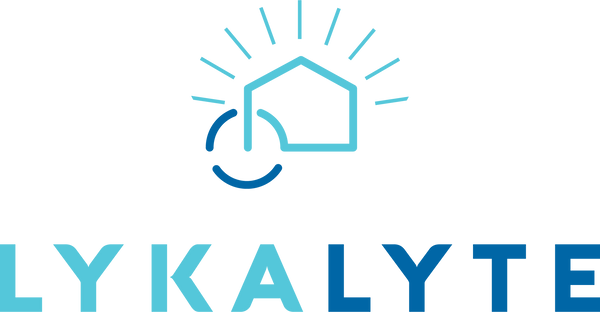
Is you home network good enough?
Share

For most homes the Wi-Fi router is the starting point for a home network.
As you start down the path of home automation your Wi-Fi router becomes more important as it is the backbone for connectivity.
Chances are your ISP (Internet Service Provider) gave you a 'free' one for signing on with them. A lot of the time these routers are fit for purpose and do a reasonable job of letting you surf the net, send a receive emails and stream a bit of TV. But most of the time these routers are the best cheapest routers available and sometimes just the plain cheapest.
As I said earlier cheap isn't always bad but cheap is usually more prone to issues such as poor Wi-Fi performance, less range, instability and loss of connection often requiring reboots. There could be a number of reasons for this including less capable cpu's, less RAM and less efficient antenna or transmit rates and/or even less capable software.
Over time you will find yourself adding more and more devices to your network, I touched on this in an earlier post Wi-Fi, ZigBee and Z-Wave which is best?, the theoretical maximum for Wi-Fi is around 250 devices but your network speeds may start to suffer before you get to that.
Your router is an 'always on' device that does a lot of work on a daily basis so it isn't going to last forever but you should at least get a couple of good years out of it before it needs a refresh or replacement. There is also the continual introduction of newer wireless standards with improved speed and coverage to consider.
Just as cheap isn't always bad expensive isn't always good and there are a lot in between.
I do recommend at the minimum upgrading your router from the one your ISP provided. There are plenty of recognised brands to choose from with great features like network attached storage, mesh, parental controls, smart technology and newer Wi-Fi 6 capability.
Some routers have a ton of customizable options that you can tweak and change if that's what you are in to while others will just do it all for you.
Do a little bit of research and figure out the features you want and need for the type of home you have and what you will be using it for.
As always feel free to get in touch if you have any questions or comments. Cheers Luke.
Photo by Matthew Henry from Burst